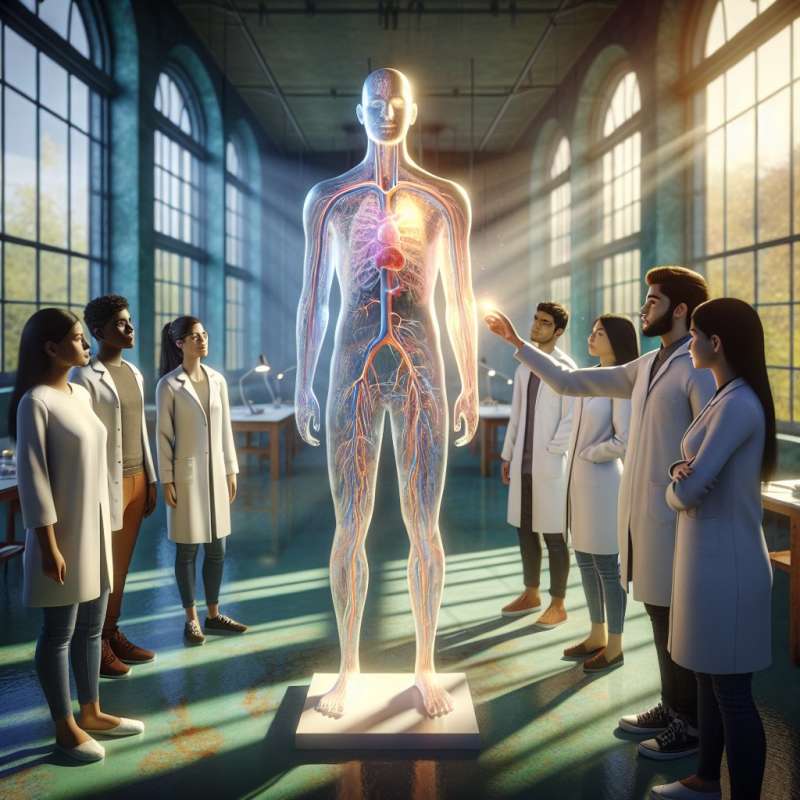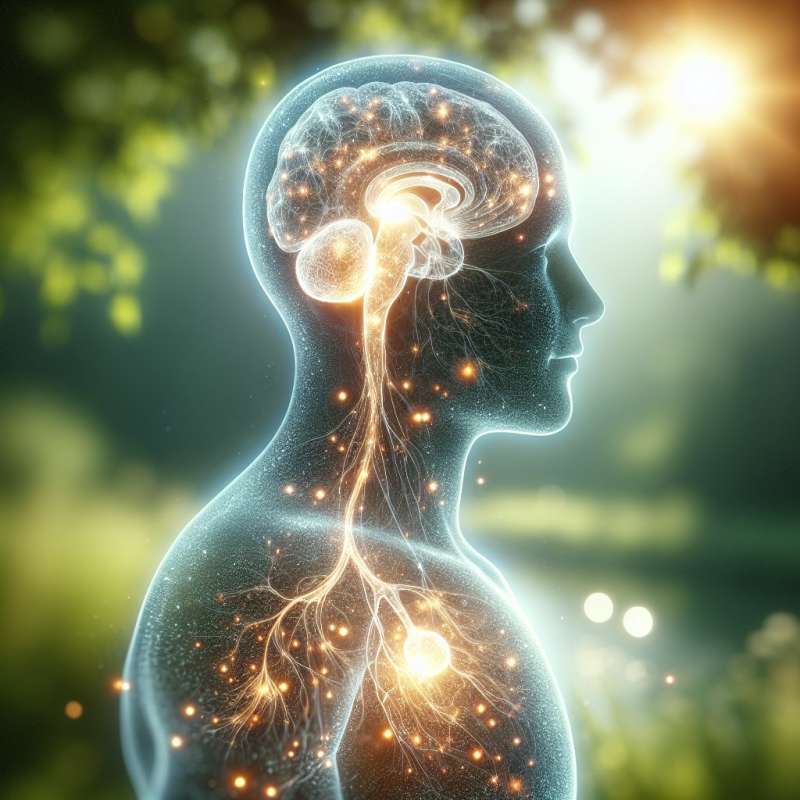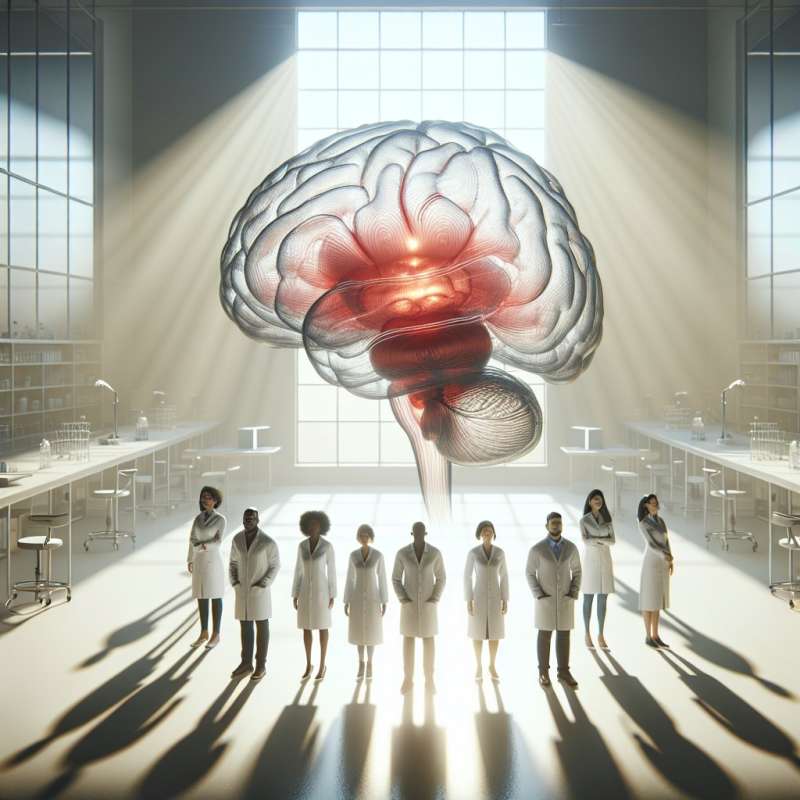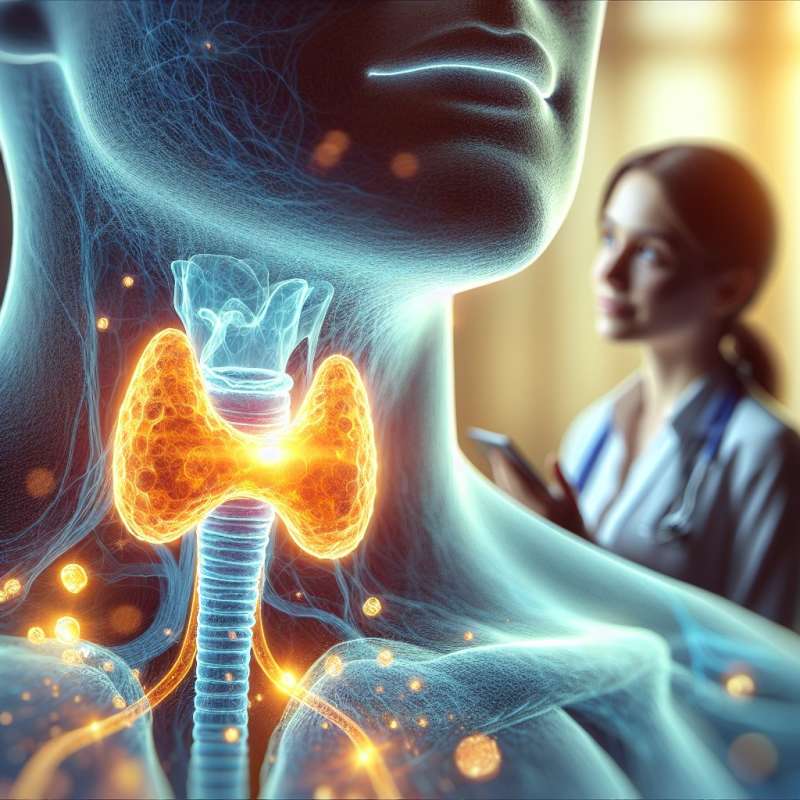
Endocrine System Overview
The endocrine system is a network of glands secreting hormones directly into the bloodstream. It regulates bodily functions and maintains homeostasis, operating alongside the nervous system.
Hormonal Communication Complexity
Endocrine glands communicate through chemical signals (hormones). Unlike neurotransmitters, hormones can have widespread, long-lasting effects on distant target organs, illustrating a complex control system.
Hypothalamus: Master Regulator
The hypothalamus, a brain region, links the nervous and endocrine systems. It controls the pituitary gland, orchestrating hormone release that governs functions from stress response to growth.
Pituitary Gland Significance
The pituitary gland, although small, is pivotal. It secretes hormones influencing growth, reproduction, and metabolism. It's often referred to as the 'master gland' for its wide-reaching impact.
Thyroid: Metabolic Commander
The thyroid gland regulates metabolism, energy, and growth through thyroid hormones. Surprisingly, its iodine use is unique, extracting it from the bloodstream to produce hormones.
Adrenal Glands' Adrenaline Secret
Adrenal glands, perched atop kidneys, famously secrete adrenaline during stress ('fight or flight' response). They also produce corticosteroids, impacting immune response and metabolism.
Endocrine Disruptors Exposure
Chemicals in our environment, like BPA or phthalates, can disrupt endocrine function. These 'endocrine disruptors' mimic or interfere with hormone activity, leading to health issues.
What does the endocrine system regulate?
Muscle contraction
Bodily functions and homeostasis
Sensory perception
Company